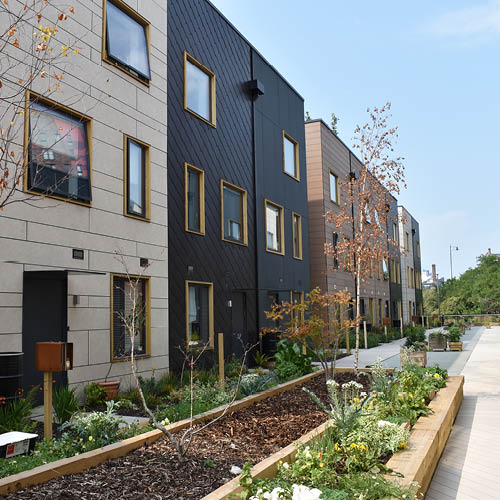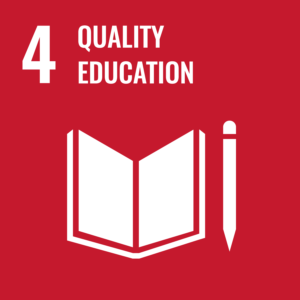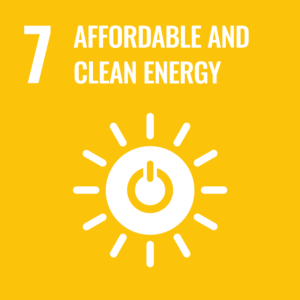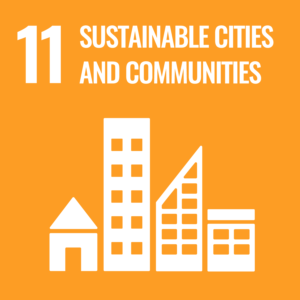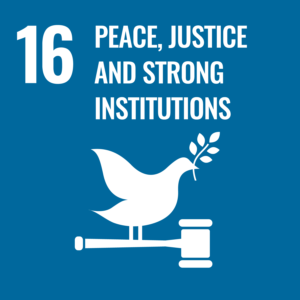Like any commercial business, making profit for our investors and shareholders has always been a core part of what we do. It’s what keeps investors coming back and provides us with capital to reinvest alongside those investors, as well as to invest in new ideas and sectors and, importantly, reward our people. Making money for investors and shareholders has never been our only aim, however. Indeed, had that been our sole focus it is questionable whether our business would have been around for very long.
This is because for our unique business model to be successful, to be that bridge between creativity and finance in the media sector, we needed to do so much more than just make money. Making money was only possible if we were equally successful in educating investors, building collaboration and supporting government policy on the creative industries, helping to transform what back then was often referred to as a ‘cottage industry’, into the vibrant, professionalised and globally admired sector of the economy that it has since become.
Accordingly, we developed a fully integrated independent business encompassing investment, asset management, corporate finance, consulting and securities expertise to meet the needs of a wide range of clients in the sector, whilst simultaneously deepening relationships within the higher education and independent research sectors in order to equip emerging talent with the skills required to succeed in the industry. This gave rise to the development of several long-standing relationships focusing on creative enterprise, public policy and entrepreneurialism, including partnerships with Goldsmiths in the University of London (Institute for Creative and Cultural Entrepreneurship), De Montfort University (DMU), Nesta (formerly NESTA, National Endowment for Science, Technology and Arts), the Judge Business School, University of Cambridge, the British Council and the National Film and Television School (NFTS).
As Ingenious grew, so our support for other organisations in the creative sector increased too, including work with award-winning businesses such as Hat Trick Productions, as well as not-for-profit organisations and social enterprises like the Young Vic Theatre Company, MeWe 360 and Cockpit Arts, amongst others. With increasing profitability, we were also able to support a broad range of charities in the sector with sponsorship of the NFTS annual gala, the Music Industry Trust Awards (the MITs) and music therapy charity Nordoff Robins being prominent beneficiaries.
Looking back, we intuitively believed that this holistic and mixed model, combining commercial investment with a broader approach to stakeholder support, made good business sense. Whilst it was never part of a fully mapped out theoretical masterplan, we did have a clear sense of wanting to do things differently and weren’t afraid to try things that had never been done. Working in partnership with industry and everyone connected with it in a thoughtful, ingenious way has been the approach that has sustained our business over two decades and is deeply embedded in our culture.
If we were to set up the business today, perhaps we would characterise many of these support activities as being central to the objectives of something called an ‘ESG strategy’.





